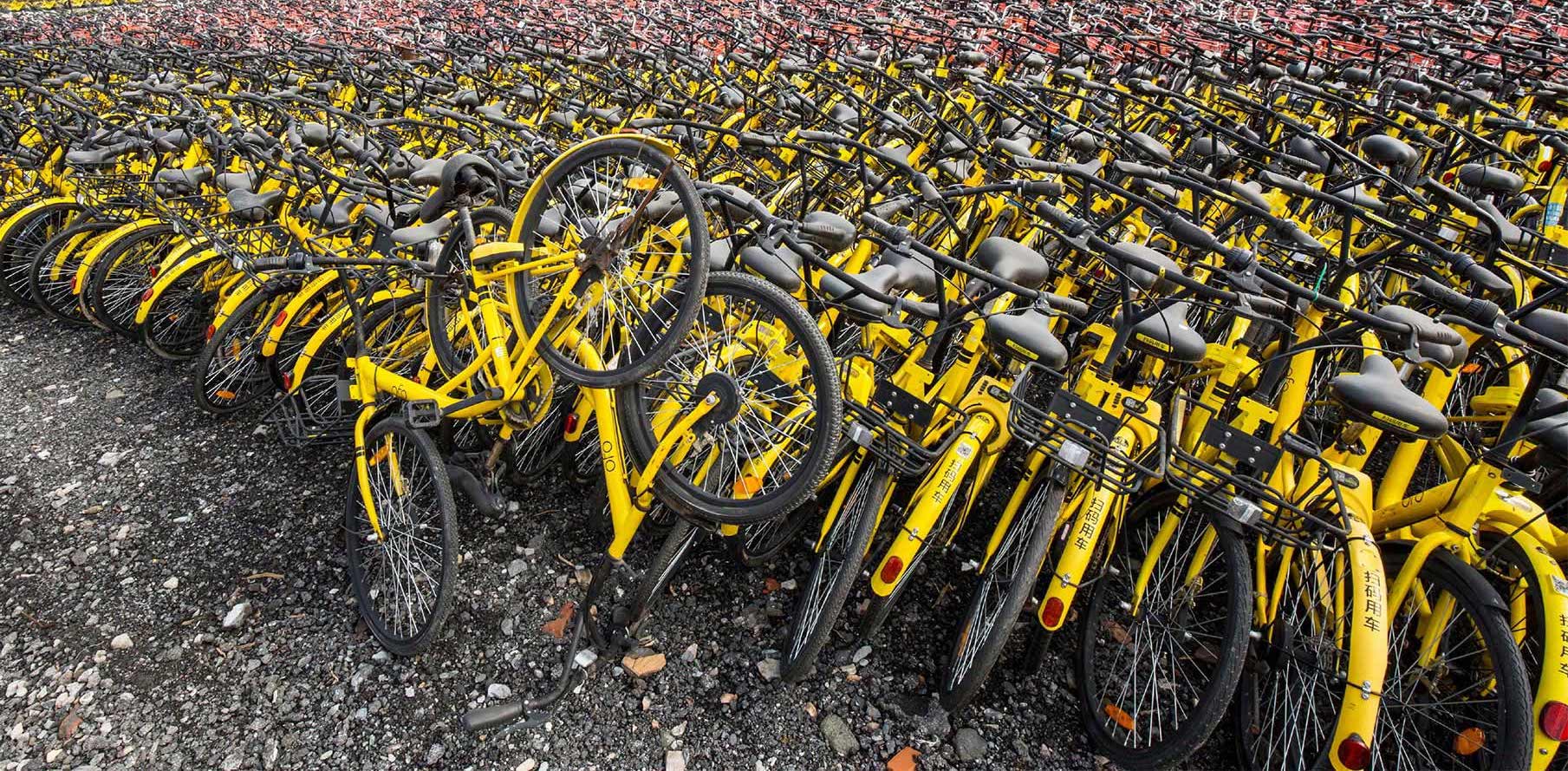Roetz Life
Designing a state-of-the art data platform for the Roetz Life circular e-bike.

Bicycle waste has grown exponentially as cycling has gained more popularity. In the Netherlands, there are more bicycles than people riding them resulting in over one million bikes that become waste on a yearly basis, many of them not ridden once. In this context, no amount of pollution-free cycling can make up for the waste.
As such, it’s clear that a new approach is needed, one where waste is reduced as much as possible. Roetz, a bicycle maker from Amsterdam, has spent the last three years working on what they call the “perfect” circular bike, and they believe they have it in the Roetz Life e-bike. The Life bike is an electric bicycle that will last you a lifetime thanks to a modular design and circularity, which means it will be good both for you (and your wallet) and the environment.
Technically, no bicycle lasts a lifetime – or for that matter, any other thing. The Life bike is built around a sturdy, two-piece stainless steel frame and integrates several “modules,” which means that you can build the bike of your dreams in the configurator and then change whatever module you want as time goes on.
The modular design required a data platform through which the Life bike can be managed and monitored out in the field. Using state-of-the art data architecture patterns, a cloud-based solution was designed that mimics the modularity of the physical systems. Each component (a wheel, the lights etc.) and each activity (initial delivery, riding, locking) was translated into specific data objects and functions, such that the data platform is allowed to evolve over time with subsequent versions of the Life bike. For a scale-up like Roetz, it was particularly important to navigate the trade-offs around consistency, scalability, fault tolerance, and complexity.
The Life bike was launched in Spring 2023.